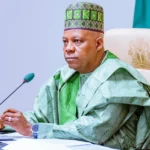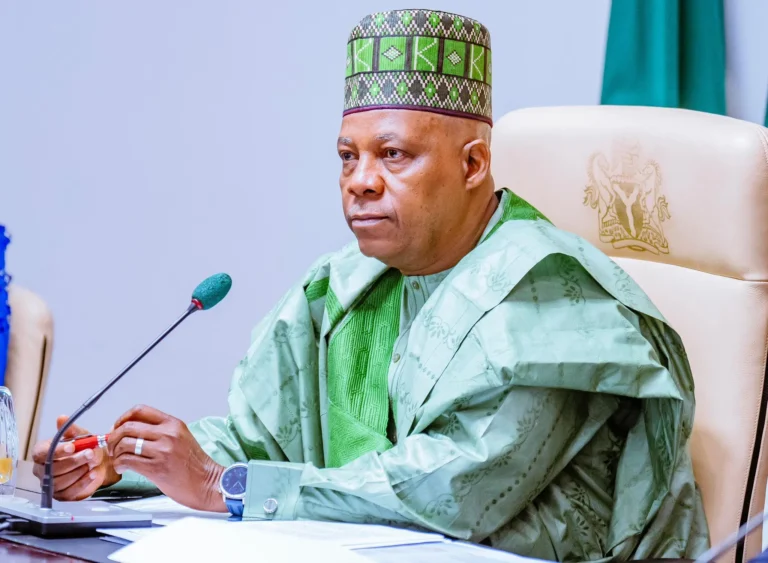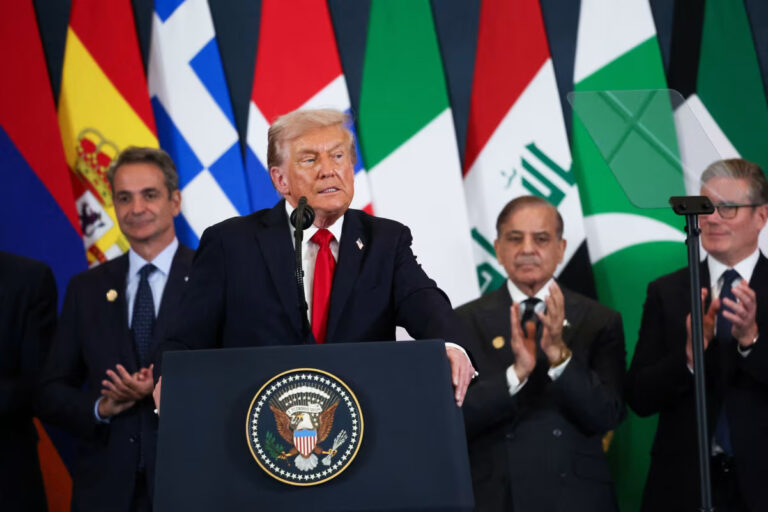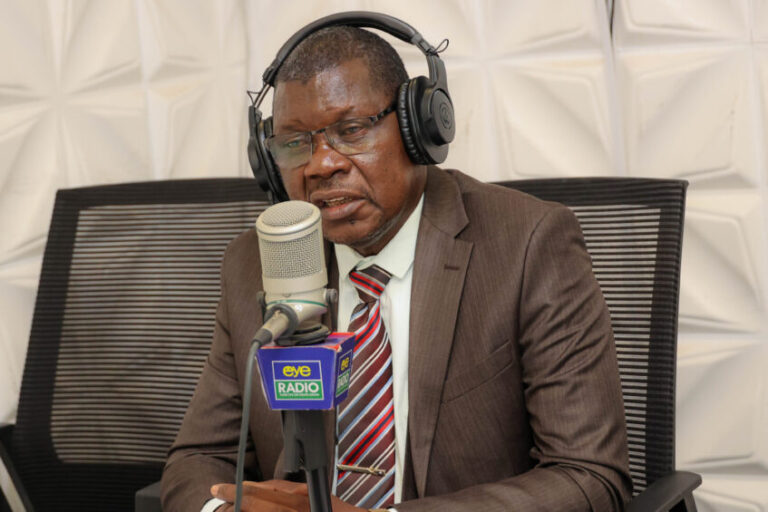
– Advertisement –
Africa is home to the world’s largest youth population, with over 420 million young people under the age of 25. This demographic dividend presents a significant opportunity for economic growth, innovation, and development. However, if not harnessed properly, as we are seeing, it can also lead to brain and power drain, unemployment, poverty, and social unrest. As the continent looks to the future, it is imperative that African countries like The Gambia prioritise investing in their youths.
Africa’s youth population is projected to double by 2050, accounting for nearly 40% of the world’s youth. This bulge in the youth population can be a blessing or a curse, depending on how it is managed. With the right investments in education, skills development, and job creation, Africa’s youth can drive economic growth, innovation, and entrepreneurship. Conversely, failure to invest in this demographic could lead to a demographic disaster, with high rates of unemployment, poverty, and social instability.
Despite the importance of investing in youths, many African countries including The Gambia are lagging behind. According to the African Development Bank, the continent’s youth unemployment rate stands at around 23%, with many young people stuck in low-productivity, informal jobs. The education system is often criticised for being inadequate, with many graduates lacking the skills required by the labor market. Moreover, many young people lack access to finance, technology, and other resources necessary to start and grow businesses.
– Advertisement –
Investing in Africa’s youth is crucial for several reasons. Firstly, young people are the future leaders, entrepreneurs, and innovators who will drive economic growth and development. By investing in their education, skills development, and well-being, African countries can unlock their potential and create a prosperous future. Secondly, with the right skills and training, young people can contribute to the formal economy, reducing poverty and inequality. Thirdly, investing in youth can help reduce social instability and conflict, as young people are less likely to engage in violent extremism and more likely to contribute to peace and stability.
So, what can African countries do to invest in their youths? Firstly, they must prioritise education and skills development. This includes investing in STEM education, vocational training, and entrepreneurship programs that equip young people with the skills required by the labor market. Secondly, they must create an enabling environment for entrepreneurship and job creation. This includes providing access to finance, reducing bureaucracy, and promoting innovation and entrepreneurship. Thirdly, they must invest in youth health and well-being, including mental health, access to healthcare and fight drug trafficking and abuse.
There are several success stories on the continent that demonstrate the potential of investing in youth. For example, Rwanda’s investment in ICT education has led to the growth of a vibrant tech sector, with companies like Kigali Innovation City and FabLab Rwanda. Similarly, South Africa’s Youth Entrepreneurship Programme has provided training and funding to thousands of young entrepreneurs, helping them start and grow their businesses.
– Advertisement –
Despite these success stories, there are several challenges that need to be addressed. One of the major challenges is the lack of funding for youth development programmes. African governments and international donors must prioritise funding for youth development initiatives, including education, skills development, and entrepreneurship programs. Another challenge is the lack of infrastructure, including electricity, transportation, and Internet connectivity. African governments must invest in infrastructure development to create an enabling environment for entrepreneurship and job creation. With the right investments, Africa’s youth can drive economic growth, reduce poverty and inequality, and contribute to peace and stability.
African governments and international donors must prioritise funding for education and skills development programmes that equip young people with the skills required by the labor market. African governments must reduce bureaucracy, provide access to finance, and promote innovation and entrepreneurship to create an enabling environment for job creation.
African governments must invest in youth health and well-being, including mental health, HIV/AIDS prevention, and access to healthcare. African governments and the private sector must promote innovation and entrepreneurship, including through initiatives such as hackathons, incubators, and accelerators. African governments and international donors must monitor and evaluate progress on youth development initiatives, making adjustments as necessary to ensure that programs are effective and efficient.
By investing in Africa’s youth, we can create a prosperous future for the continent. The youths should be made a priotity.










